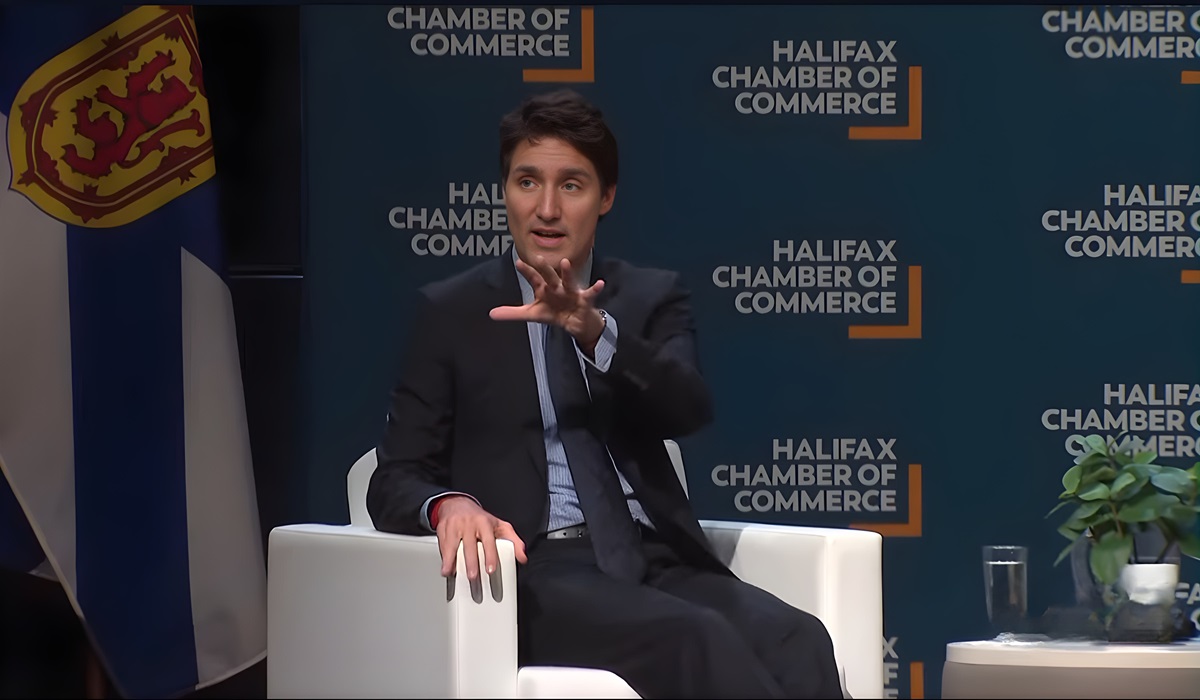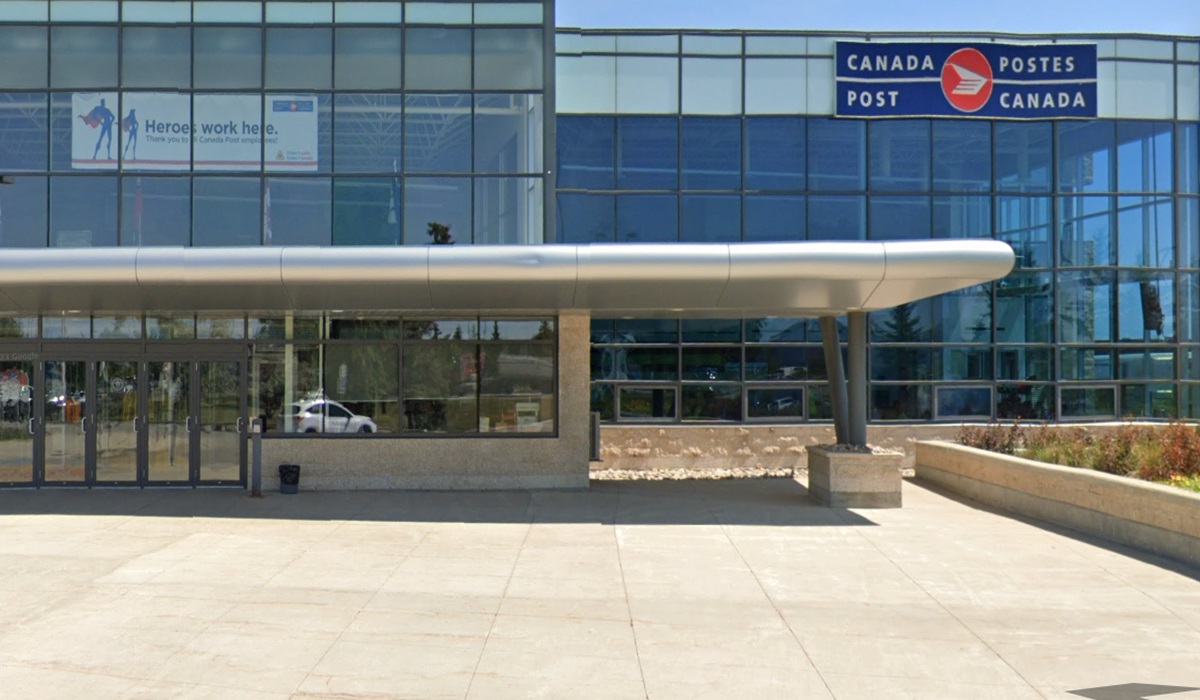Canada’s Tariff Arsenal: Trudeau Ready Hit U.S. States Where It Hurts
- TDS News
- Canada
- December 10, 2024

In a resolute address at the Nova Scotia Business Chamber of Commerce on Monday, Canadian Prime Minister Justin Trudeau responded to concerns about potential tariffs from incoming U.S. President-elect Donald Trump. Reflecting on Canada’s actions during the 2018 trade dispute, he made it clear that the country is prepared to defend its economic interests with the same strategic approach as before.
Back in 2018, when the U.S. imposed tariffs on Canadian aluminum and other goods, Canada retaliated with precision. Tariffs were placed on a variety of American products, including bourbon, motorcycles, ketchup, and even playing cards, targeting industries in politically important states. This strategy was designed to apply economic pressure where it would resonate most, a tactic the Prime Minister indicated could be used again if necessary.
Trudeau also hinted at an even more robust plan this time around, essential a secret/hit list of additional products and companies has been prepared. Should Trump follow through with his threats of new tariffs, Canada is poised to unleash these measures, designed to cause maximum economic pain. The targeted industries and products are expected to hit key states, placing pressure on senators and congresspeople whose constituents would feel the brunt of Canada’s retaliatory tariffs.
Among the specific targets could be maple syrup from Vermont, the top producer of maple syrup in the U.S., which is an essential part of the state’s economy. Corn-based ethanol from Iowa, a cornerstone of the state’s agricultural sector, could also be hit hard, as tariffs on this product would affect not only farmers but also ethanol refineries. Another potential target is beef from Texas, which leads the nation in beef production and exports. Tariffs on American beef could disrupt this highly influential industry and significantly impact the state’s economy. Textiles from North Carolina, home to major companies like Hanesbrands, could also face retaliatory tariffs, potentially causing harm to the state’s vital textile manufacturing industry. Lastly, snack foods like chocolate and chips from Pennsylvania, home to companies like Hershey’s and Utz, could be targeted to disrupt this significant sector, affecting local jobs and businesses.
The warning comes in response to Trump’s recent comments during an interview, where he once again claimed—without evidence—that the U.S. is subsidizing Canada and Mexico by $100 billion each. He went further, joking that the two countries should become the 51st and 52nd U.S. states, a remark that has grown increasingly grating with repetition. Trump’s comments, deemed juvenile and disrespectful, underscore the need for constructive dialogue between two nations deeply intertwined economically.
During the same interview, Trump avoided directly addressing the question of how tariffs would affect American consumers. The reality, as Trudeau pointed out, is that tariffs drive up prices for everyday goods, a burden that falls disproportionately on middle- and lower-income households. Businesses reliant on cross-border trade also face significant challenges, with some potentially forced to close due to rising costs and diminished demand.
The economic stakes are high. Canada and the U.S. exchange over a trillion dollars in goods annually, and any attempt to impose a sweeping 25% tariff on Canadian products would risk widespread economic disruption on both sides of the border. While tariffs might create a short-term boost in government revenues, the long-term consequences—higher prices, reduced consumer spending, and weakened businesses—are far more damaging.
Trudeau emphasized Canada’s commitment to fair trade but left no doubt that the country is ready to act decisively if provoked. The Prime Minister reminded the audience that trade wars hurt everyone involved and reiterated the importance of preserving the vital economic partnership between Canada and the United States. If Trump’s administration decides to escalate, Canada’s strategy is clear: precision and impact, aimed squarely at where it will hurt the most in the U.S.








